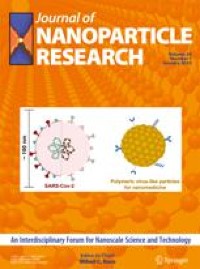Abstract
The fabrication of low-cost, recyclable, reusable, and heterogeneous catalysts is of considerable significance for green chemistry. In this study, a nanocomposite catalyst, MCM-41-supported Zn–Co double metal cyanide (MCM-41@DMC), was prepared using the synchronous dropping method. Thereafter, the composition, crystal structure, complexing state, morphology, and thermal stability of the catalyst were characterised using scanning electron microscopy, X-ray diffraction, Fourier transform infrared spectroscopy, X-ray photoelectron spectroscopy, Brunauer–Emmett–Teller analysis, and thermogravimetry. The effects of different organic ligands on the catalytic activity of samples were evaluated, and the results showed that ethyl acetoacetate exhibited the best catalytic activity owing to its ketone coordination. The use of the MCM-41 support was beneficial for improving the catalytic activity because it reduced the crystallinity and substantially increased the ex ternal specific surface area of the catalyst. The experimental results pertaining to the use of the MCM-41@DMC catalyst in the fabrication of polypropylene glycol showed that the conversion of propylene oxide and molecular weight reached 90.6% and 2900, respectively. This study provides a new strategy for the green synthesis of poly(propylene glycol) products.



Δεν υπάρχουν σχόλια:
Δημοσίευση σχολίου